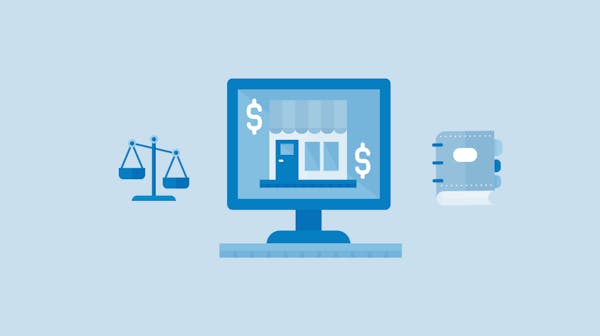Invoices must fulfill specific legal requirements, including clear identification of both the seller and buyer, a detailed breakdown of provided goods or services, and explicit payment terms. But, knowing just the basic elements isn't enough to safeguard your business from legal issues and penalties.
Essential Invoice Legal Requirements for Entrepreneurs
In the business realm, nothing is more crucial than ensuring your financial documents adhere to legal standards. Invoices are no exception. Mandatory Elements for Legally-Compliant Invoices are the backbone of business transactions, as they serve as a legal requirement for recording sales and services.
Non-compliance with invoice legal requirements can attract various penalties, including substantial fines, disputes over payments, and in severe cases, court actions that precipitate loss of business reputation. For instance, missing tax-related information might trigger audits or penalties from tax authorities.
Your invoice should seamlessly include:
- A unique invoice number
- The date of the invoice
- Your company name, address, and contact information
- The customer's company name and address
- A clear description of what you're charging for
- The supply date when goods or services were provided
- The total amount owed, including a breakdown of taxes
- Payment terms including deadline, payment method, and potential late fees
Detailed Breakdown of Invoice Legal Requirements
Each invoice must carry the name, address, and contact information of your business, as well as similar identification details for the customer. If applicable, VAT identification numbers or company registration numbers should also be included to fulfill tax and legal obligations.
- Vague descriptions can lead to confusion.
An itemized list that breaks down the services or goods, with clear prices, ensures transparency.
- Be meticulous with payment details
State the price per unit, total services or goods provided, any taxes or additional charges, acceptable payment methods, due dates for payments, and stipulations for early payment discounts or late payment fees to maintain absolute clarity.
Keeping Invoices Compliant and Avoiding Penalties
Staying vigilant about the ever-evolving legal landscape is paramount for keeping your invoices compliant. Regularly consult trusted sources or professionals for updates to invoice-related legislation.
Consider an invoice as a binding proof of sale; in a dispute, the invoice serves as evidence to support claims in court, providing transaction dates, explicit services or goods, and agreed prices.
A business might be legally challenged for not issuing invoices on time or including all necessary details stipulated by the law. This was the case for a small business that was sued for tax evasion due to incomplete invoices, resulting in heavy fines and legal costs.
Advanced Considerations for Invoices
In the digital age, electronic invoicing is gaining momentum. Staying updated with these electronic invoicing standards such as the proper format, ensuring authentication via digital signatures, and maintaining data integrity is critically important. These standards are set to promote interoperability and security across different electronic invoicing systems.
When conducting international sales, invoices become even more complex; they must adhere to the VAT regulations of both the selling and receiving countries, considering different VAT rates or exemptions while detailing customs tariffs or export-import licenses, if applicable.
To streamline your invoicing process further InvoiceOnline offers a fast, secure, browser-based solution. Create various types of invoices, with clear tracking of paid and unpaid invoices, without any need for registration. Best of all, you can start with a free trial right away.




